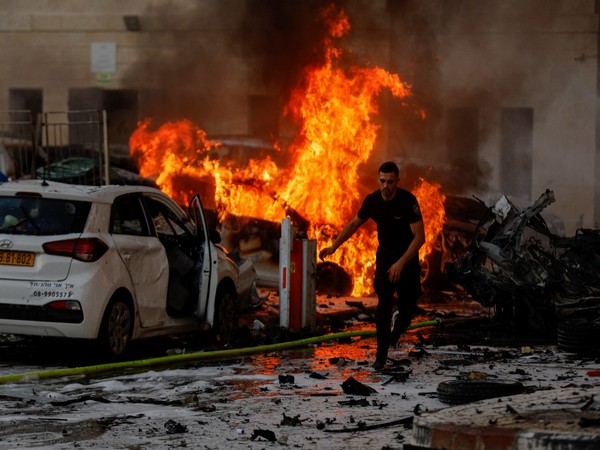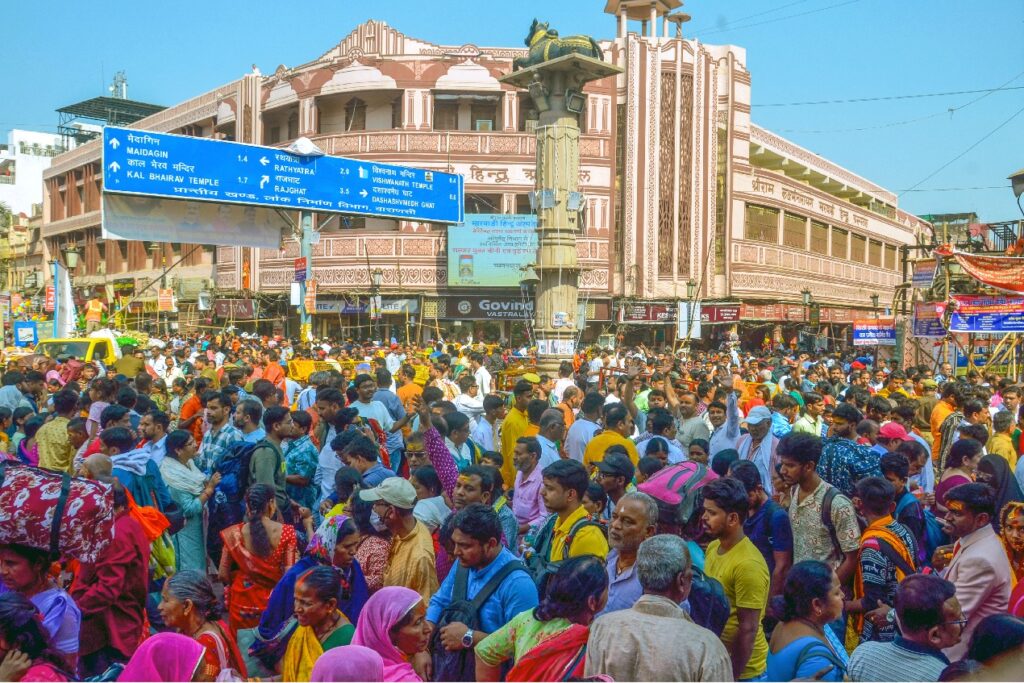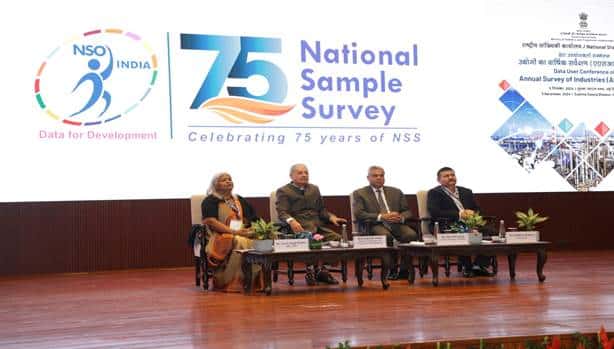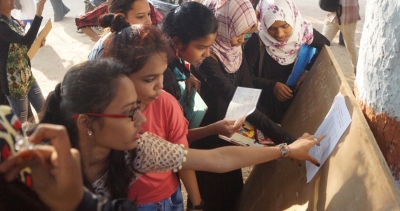Death and destruction: Hundreds dead in conflict between Israel and Hamas

In a rapidly escalating conflict between Israel and Hamas, the death toll has surged past 1,100, as both sides exchange devastating blows. The situation, marked by a series of attacks and retaliations, has sent shockwaves through the region, causing global concerns about the potential for a wider conflict in the Middle East.
Hamas, an Islamist group, unleashed a deadly assault on Israeli towns on a fateful Saturday, resulting in the deaths of 700 Israelis and the abduction of dozens more. This marked the deadliest incursion into Israeli territory since the Yom Kippur War 50 years ago when Egypt and Syria attacked.
In response, Israel launched a series of air strikes on Gaza, targeting housing blocks, tunnels, a mosque, and homes of Hamas officials. These strikes resulted in the tragic deaths of more than 400 people, including 20 children. Israeli Prime Minister Benjamin Netanyahu vowed “mighty vengeance,” and Israeli military spokesperson Lieutenant Colonel Jonathan Conricus revealed that around 100,000 soldiers had been called in for the operation.
The violence in the region has had a global impact, causing increased volatility in the oil market as concerns rise about potential disruptions to supplies from Iran. Oil prices surged significantly in response to the conflict, with Brent crude reaching $88.76 a barrel.
The unrest has also led to the suspension of flight services with Tel Aviv by several international air carriers. They are waiting for conditions to improve before resuming flights due to security concerns.
Beyond the borders of Gaza, there have been further clashes, with Israeli forces engaging in artillery and rocket fire exchanges with Lebanon’s Iran-backed Hezbollah militia. In Egypt, two Israeli tourists and a guide were tragically shot dead.
The conflict continued in southern Israel, with Hamas gunmen fighting Israeli security forces more than 24 hours after their initial assault. Israel’s military, facing questions about not preventing the attack, claimed to have regained control of most infiltration points along security barriers, killed hundreds of attackers, and taken dozens more prisoners.
The air strikes on Gaza, while targeting Hamas infrastructure, have also caused damage to civilian buildings. The Palestinian health ministry reported that 413 Palestinians, including 78 children, were killed, and 2,300 people were wounded since the start of the conflict.
The Palestinian foreign ministry condemned Israel’s actions, stating that “as an occupying power, Israel has no right or justification to target the defenseless civilian population in Gaza or elsewhere in Palestine.” They denounced it as a “barbarous campaign of death and destruction.”
Hamas continued to fire rocket salvos into Israel, further escalating tensions.
Israel responded by deploying tens of thousands of soldiers around Gaza, a densely populated strip of land home to 2.3 million Palestinians. They also began evacuating Israelis from areas near the border.
While an official toll from Israel has not been released, local media reports indicate that at least 700 people, including children, were killed in Saturday’s attacks. It is being called “the worst massacre of innocent civilians in Israel’s history.”
The conflict has also impacted American citizens, with several Americans killed by Hamas attackers, prompting the White House National Security Council to closely monitor the situation.
The situation is further complicated by the capture of dozens of Israelis by Palestinian fighters, including soldiers, civilians, children, and the elderly. This has posed a significant challenge for Israeli Prime Minister Benjamin Netanyahu, who has faced similar hostage situations in the past.
In response to the conflict, the United States issued a warning to Iran and other parties hostile to Israel, emphasizing that this is not the time to exploit the situation.
The United Nations has called for the creation of humanitarian corridors to bring food into Gaza, as at least 70,000 Palestinians in the region seek shelter in schools operated by the UN.
This shocking escalation in violence threatens to undermine U.S.-backed efforts to normalize relations between Israel and Saudi Arabia, potentially affecting Palestinian aspirations for self-determination and Iran’s support for Hamas. Hezbollah, Lebanon’s Iran-backed militia, has declared its support for Hamas in this conflict.
The situation in the Israeli-occupied West Bank has also witnessed increased violence, with clashes between Israeli forces and Palestinian militants. The Palestinian Authority has called for an emergency Arab League meeting in response to deteriorating conditions.
Peacemaking efforts in the region have been stagnant for years, with internal political disputes in Israel hindering progress. The world watches anxiously as the conflict intensifies, hoping for a swift resolution and an end to the suffering of innocent civilians caught in the crossfire.









